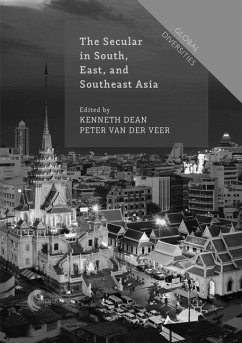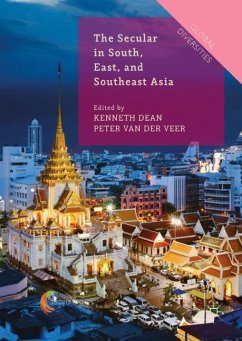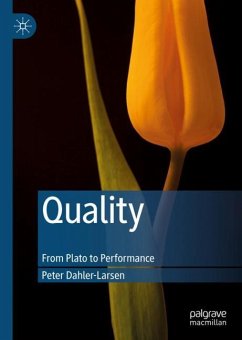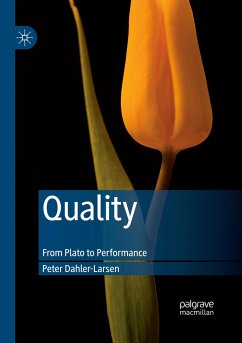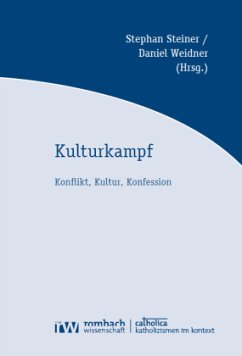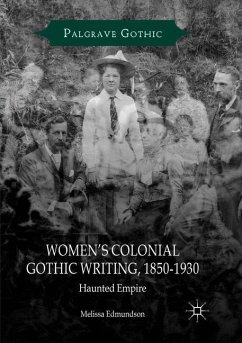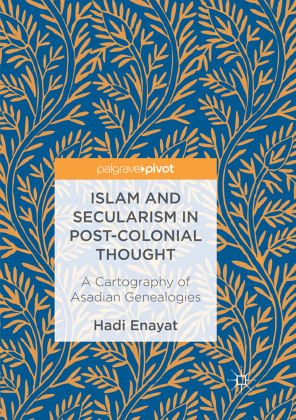
Islam and Secularism in Post-Colonial Thought
A Cartography of Asadian Genealogies
Versandkostenfrei!
Versandfertig in 6-10 Tagen
42,99 €
inkl. MwSt.
Weitere Ausgaben:

PAYBACK Punkte
21 °P sammeln!
This book is a theoretically and historically informed exploration of 'secularism' in Muslim contexts. It does this through a critical assessment of an influential tradition of thinking about Islam and secularism, derived from the work of anthropologist Talal Asad and his followers. The study employs the tools of comparative historical sociology and sociology of knowledge to engage with the assumptions of Asadian theory. Ultimately, Enayat argues against nativist assertions drawn from the experience of Western modernity and provides a qualified defense of secularism.



